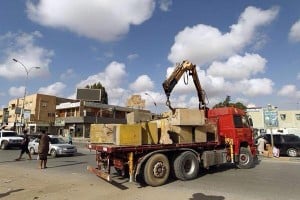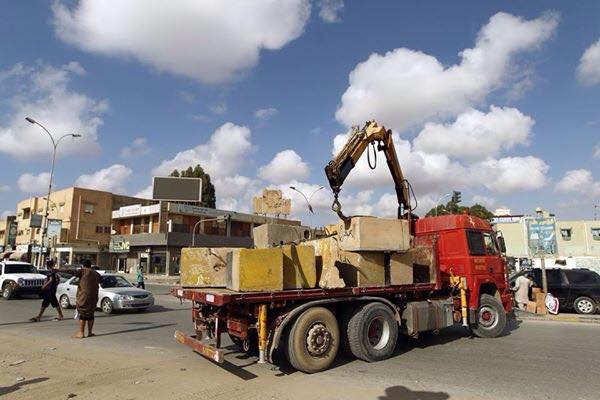By Adam Ali.

Benghazi, 20 June 2015:
Benghazi is enjoying a mixed Ramadan. While much of the city is now secure and getting . . .[restrict]back to business, many residents are being plagued by power cuts that can last for up to ten hours.
GECOL has said that high demand has exacerbated the problem of having three of its four power stations largely out of commission because of damage caused in the fighting. Current capacity is 280 megawatts, while demand in the hot summer is nearer 380 megawatts.
The extra demand from air-conditioning is boosted by the evening opening of shops during Ramadan. GECOL also told the Libya Herald that there are still problems with transmission lines.
However, despite the frustrating lack of power, the mood in Benghazi is upbeat. Road blocks are being removed, wrecked cars and the debris of battle are still being cleared away and police are back on duty. Even as army units concentrate for another push to drive Ansar Al-Sharia and its allies out of old Leithi, the occasional reports of firing have become a largely unremarked background noise.
In large parts of the city traffic is once more crowding the streets, shops are open and busy hawkers working the passers-by. Traditional Iftar meals are being given to the needy, who now include many of internally displaced people who are still sheltering in schools.
This time last year, as Ramadan approached, Benghazi was still a city in fear, in which terrorist killers seemed be able to assassinate with impunity and key points, including Jalaa Hospital were in the hands of Ansar.









